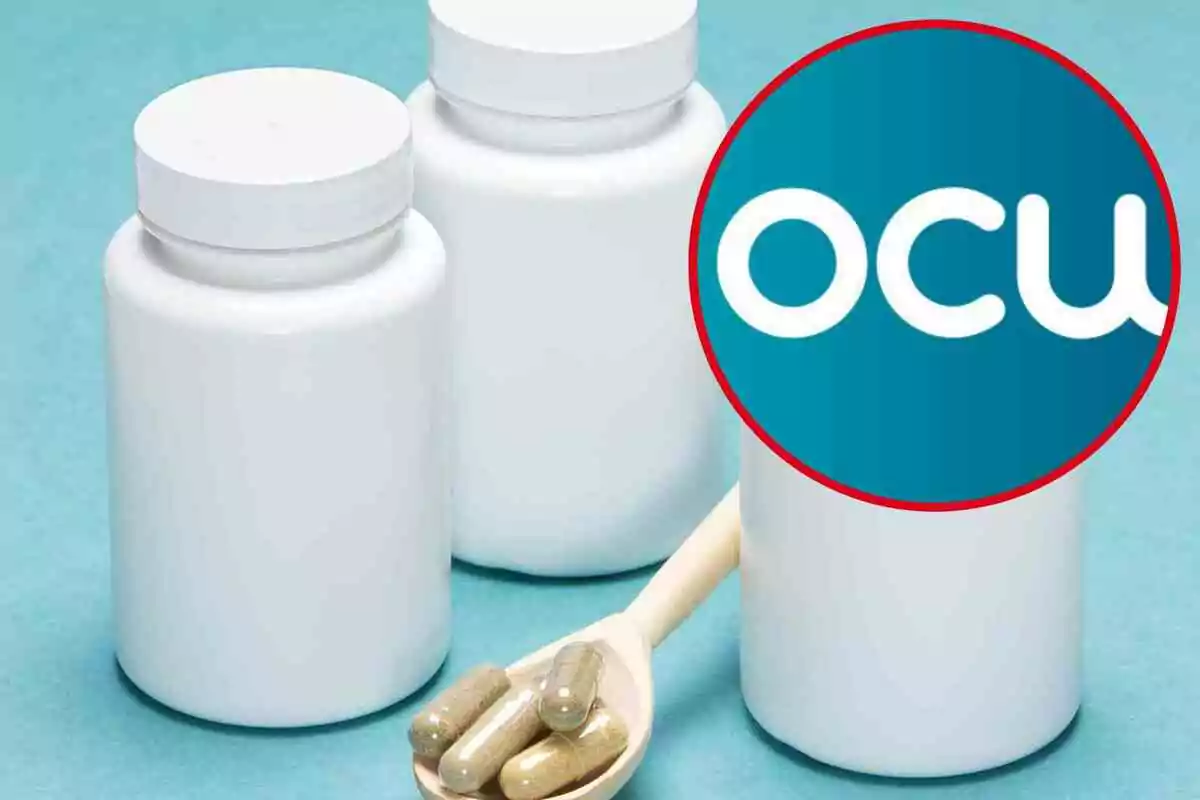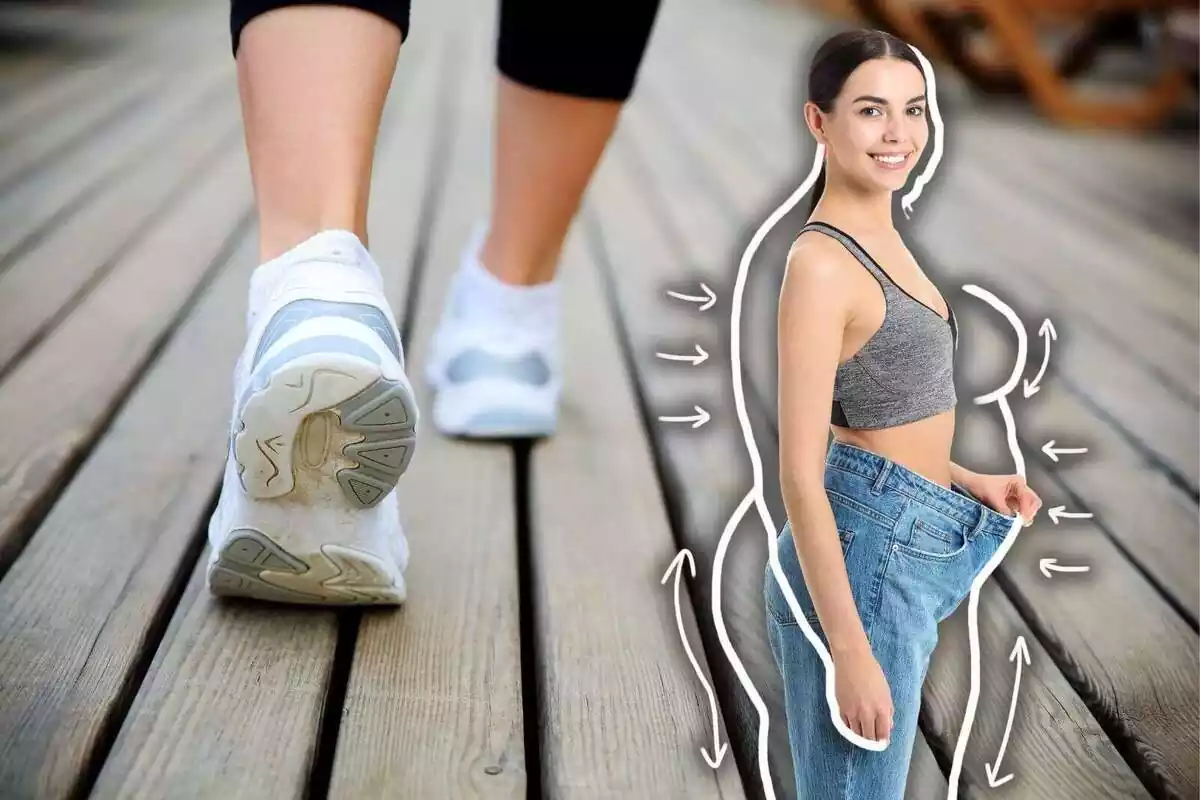
Goodbye to Weight Loss Supplements: These Are the 5 Worst Brands, According to OCU
The OCU Reveals the Products That Don't Comply with European Health and Safety Regulations
If you're one of those who take weight loss supplements daily, we have bad news for you. The Organization of Consumers and Users (OCU) has spoken on the matter and doesn't have a good opinion about these types of products.
Weight loss supplements remain one of the most popular choices for those looking to lose weight quickly. They promise miraculous results, but the reality is very different. In many cases, there is no scientific evidence to support them, and what's worse, the labels of many of them don't offer guarantees about the safety of the ingredients.

In fact, many of these products aren't approved by the EFSA (European Food Safety Authority). That's why the OCU has reviewed a selection of these supplements and has revealed those that don't comply with European regulations.
According to European regulations, food products that include health claims about their ingredients must be approved in advance by the European Commission. This authorization is only granted when the product's ingredients have been evaluated by the EFSA, which is responsible for ensuring they are safe for human consumption.
However, in many cases, those responsible for marketing these weight loss supplements skip this step. This puts consumers' health at risk.

The 5 Worst Weight Loss Supplement Brands, According to the OCU
The OCU has found several products that don't comply with European regulations. These supplements not only have health claims that have been rejected. Some don't even appear in the relevant EFSA registers.
This is the case with BeFIT by Healthy Fusion, which claims to be effective for weight loss. But its label includes claims that aren't authorized by the European Commission. Not being evaluated by the EFSA, the risk of consuming a product with unapproved ingredients is high.
Drenaslim by Balance Nutrition promises to eliminate toxins, but it also violates European regulations on health claims. The claims on its label aren't backed by the necessary scientific evidence.

The Carbohydrate Blocker by Q77+ claims to block carbohydrate absorption, but it doesn't have EFSA's backing. The lack of transparency about its ingredients makes it a dangerous option for those looking to lose weight safely.
Additionally, although Natuslim by Natusure is popular among consumers, it also doesn't comply with EU regulations. Its claims about weight loss aren't approved by the competent bodies, which casts doubt on its effectiveness and safety.
Finally, Adiós Kilos Rapid by Healthy Fusion promises rapid weight loss. But this product doesn't conform to current European regulations. Its health claims haven't been authorized, and it's unclear if its ingredients are truly effective or safe.

The Truth Behind Weight Loss Supplements
Despite the fact that supermarkets and stores are full of supplements that promise to help us lose weight, it must be clear that the majority lack a scientific basis. Often, the ingredients in these products don't have EFSA validation, which means they haven't been evaluated by food safety experts.
In fact, many of them lack the necessary approvals for their ingredients to make these health claims. This is a problem, as consumers can't always trust what the labels indicate about the effectiveness of these products.
More posts: